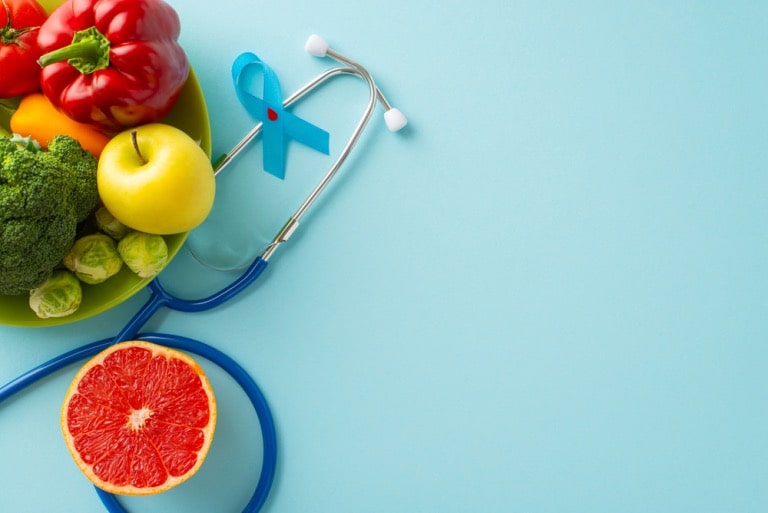Improving Your Medical Knowledge: Essential Tips to Follow

Medical knowledge is not just reserved for healthcare professionals. In an age where information is readily accessible, improving your medical knowledge can empower you to make better health decisions for yourself and your loved ones.
Whether you’re a healthcare enthusiast, a patient seeking to understand your condition better, or someone who wants to stay informed, expanding your medical knowledge is a valuable pursuit. This blog will guide you through essential tips to enhance your understanding of medical concepts, terminologies, and practices.
Stay Updated with Medical News
The medical field is constantly evolving, with new research, treatments, and technologies emerging regularly. Staying updated with medical news is crucial for anyone looking to improve their knowledge. Subscribing to medical journals and newsletters or following news segments that focus on health and medicine can keep you informed about the latest developments.
Additionally, attending medical conferences, such as hematology conferences, either virtually or in person, can provide you with cutting-edge information and insights from experts in the field. By staying current with medical news, you ensure that your knowledge is up-to-date and relevant.
Reliable Sources
Ensure that the information you consume is reliable. With the internet flooded with medical advice, it’s crucial to differentiate between credible sources and misleading ones. Start by following reputable websites like the Mayo Clinic, WebMD, or government health sites like the CDC or WHO.
These platforms are often backed by research and are updated regularly to reflect the latest medical standards. Books by renowned authors in the medical field and peer-reviewed journals are also excellent resources. By focusing on these reliable sources, you build a solid foundation of accurate information, which is crucial for any further learning.
Learn the Basic Medical Terminology
Understanding basic medical terminology is essential for anyone looking to improve their medical knowledge. Medical jargon can be overwhelming, but learning the meanings of common prefixes, suffixes, and root words can make a significant difference. For instance, knowing that “-itis” refers to inflammation and “-ectomy” refers to the removal of something can help you decipher terms like “appendicitis” or “tonsillectomy.”
Numerous online resources and flashcards can help you learn these terms. As you become more familiar with the language of medicine, you’ll find it easier to understand medical articles, research papers, and even conversations with healthcare providers.
Take Online Courses and Webinars
Enrolling in online courses and webinars is another effective way to improve your medical knowledge. Platforms like Coursera, edX, and Khan Academy offer courses in various medical fields, ranging from basic human anatomy to advanced pharmacology. These courses are often designed by experts from top universities and provide a structured learning experience.
Webinars, often hosted by medical professionals, offer insights into specific topics and allow you to stay updated on the latest advancements in medicine. Participating in these educational opportunities can deepen your understanding and provide you with up-to-date knowledge, all from the comfort of your home.
Engage with Medical Communities
Engaging with medical communities, both online and offline, can significantly enhance your learning experience. Forums, discussion boards, and social media groups focused on healthcare topics provide platforms for sharing knowledge, asking questions, and discussing recent developments.
Interacting with others who share your interest in medicine can expose you to different perspectives and deepen your understanding of various topics. If possible, consider joining local healthcare clubs or organizations where you can attend lectures, participate in discussions, and network with professionals. Being part of a community helps reinforce what you’ve learned and keeps you motivated to continue expanding your knowledge.
Practice Critical Thinking
Improving your medical knowledge goes beyond simply absorbing information; it requires the ability to think critically about what you learn. Medical information can be complex and sometimes contradictory, making it essential to analyze and evaluate the evidence before accepting it as truth. Practice questioning the sources of your information, considering alternative viewpoints, and understanding the limitations of studies or reports.
Critical thinking skills are particularly important when dealing with controversial topics or when making decisions about treatments and interventions. By honing your critical thinking abilities, you’ll be better equipped to navigate the vast amount of medical information available and apply it effectively in real-life situations.
Volunteer or Intern in a Healthcare Setting
If you’re serious about deepening your medical knowledge, consider volunteering or interning in a healthcare setting. Hands-on experience in hospitals, clinics, or community health centers can provide invaluable insights into the practical aspects of medicine. You’ll have the opportunity to observe medical professionals at work, learn about patient care, and gain exposure to various medical conditions and treatments.
This real-world experience complements theoretical knowledge and helps you understand how medical principles are applied in practice. Volunteering or interning also allows you to build relationships with healthcare professionals who can mentor you and provide guidance as you continue to expand your knowledge.
Conclusion
Improving your medical knowledge is a journey that requires dedication and a commitment to lifelong learning. The medical field is ever-changing, and staying informed demands continuous effort.
By starting with reliable sources, learning medical terminology, taking online courses, staying updated with news, engaging with communities, practicing critical thinking, and gaining hands-on experience, you can significantly enhance your understanding of medicine. Remember, the more you know, the better equipped you are to make informed health decisions and contribute to the well-being of yourself and others.





